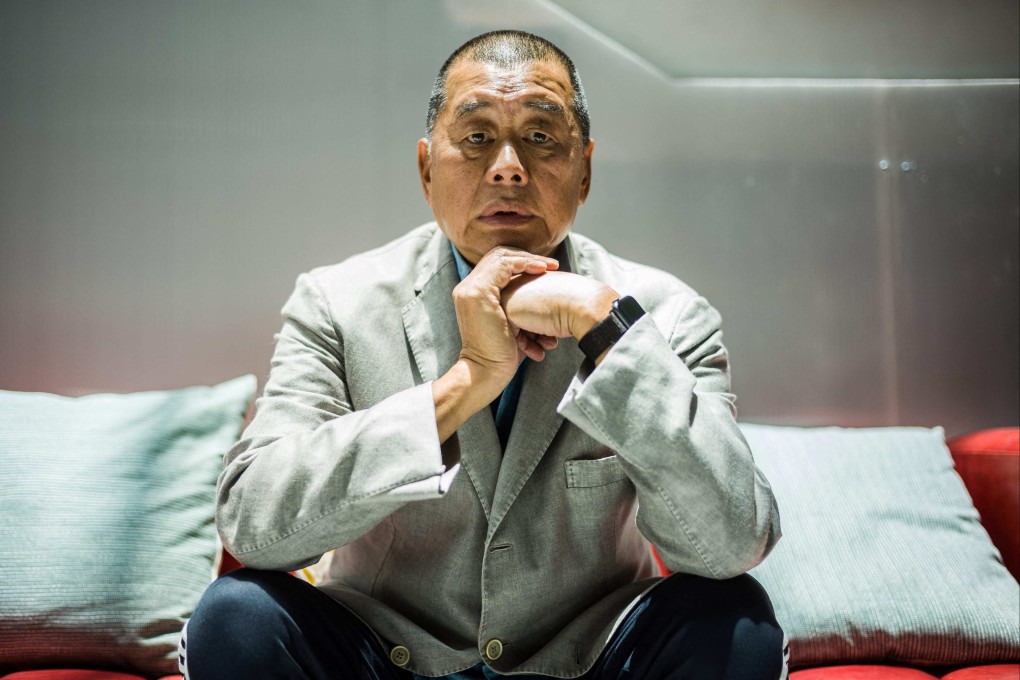Editorial | Jimmy Lai trial must reflect Hong Kong’s judicial independence not political pressure
- With the world watching, the national security case involving former Hong Kong media tycoon has to be heard fairly and with respect shown to judges by all parties

International attention will not be far from the West Kowloon Law Courts Building for the next three months. Former media tycoon Jimmy Lai Chee-ying went on trial there yesterday on serious national security charges.
But it is not just about him. In the eyes of the world, Hong Kong’s legal system and judicial independence will also be under scrutiny. For that reason it is paramount the city’s legal system be given a fair trial too.
Lai, the 76-year-old owner of the now defunct Apple Daily newspaper, faces a charge of sedition under an old colonial-era law and of collusion with foreign forces under the national security law imposed by Beijing in 2020.
If convicted by three judges appointed from a panel selected by the chief executive and without a jury – a decision made by the Department of Justice – he faces up to life imprisonment.
The highest-profile case arising from the anti-government protests of 2019 is expected to run for 80 days. The level of international interest is unparalleled. The public gallery yesterday included consular officials from a number of Western countries.
There is no question that it is a case of huge significance to the city’s international profile, image and reputation.

